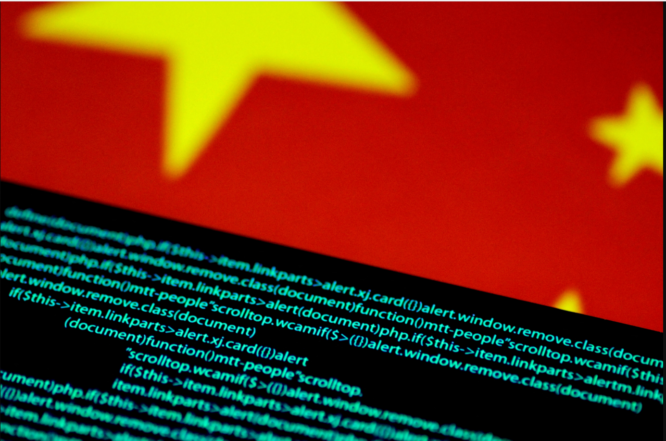Chinese quantitative hedge fund managers are hurrying to investigate ChatGPT-style tools, adopting the emergent AI technology that has ignited a global frenzy since the release of OpenAI, a chatbot sponsored by Microsoft.
As China’s post-COVID recovery wanes and competition rises in the country’s 20 trillion yuan ($3 trillion) private fund industry, quants are focusing on sophisticated artificial intelligence to assist in decision-making amid a difficult investment climate.
“ChatGPT is a revolutionary application… It can derive conclusions from a complex network of relationships with multiple dimensions in ways that human minds cannot, according to MX Capital partner Steve Chen of Shanghai.

Exploration of its potential is our current priority.
His hedge fund is already utilizing ChatGPT to gain a deeper understanding of a company’s fundamentals, avoid value pitfalls, forecast earnings potential, and identify investment opportunities and risks.
ChatGPT, which has been trained using a vast quantity of data, can write poems, compose music, create paintings, and generate other responses to user prompts that are remarkably humanlike.
According to Feng Ji, chairman of Baiont Capital, an instrument similar to ChatGPT improves quants’ ability to analyze text-related data.
Feng stated, “ChatGPT also inspired us to construct large models using trading data instead of text.”
Feng’s hedge fund, which is funded by former Google China chief and AI veteran Kai-Fu Lee, has made substantial hardware investments to increase the computing capacity required for model-training.
High-Flyer, one of China’s largest quantitative funds, has lauded advanced AI as the “greatest innovation of our times.”

High-Flyer announced in April the formation of a research unit to investigate disruptive AI technologies.
Machine vs man
The Beijing-based asset manager Zhishan Investment announced last week that it would deploy the artificial intelligence automaton “Cybertron” across all of its products and use it to reshape its investment methodology.
Feng of Baiont Capital is more ambitious, attempting to give machines control over the entire investment process, from data analysis and prediction to decision-making and execution.
Feng’s company in Nanjing employs high-frequency trading strategies and only hires computer scientists, not Wall Street traders.
As “machine learning is designed to make such predictions,” according to Feng, robots perform significantly better than humans at predicting share movements over the next hour.
While ChatGPT-like tools have generated enthusiasm, the race to develop and deploy potent AI services has stoked concerns about privacy, safety, and employment security.
Regulators are seeking methods to mitigate the effects of generative AI technology. In China, where technology titans such as Alibaba, Sensetime, and Baidu have increased their wagers on artificial intelligence, regulators unveiled in April a draft of measures granting them greater control over the technology.
Larry Cao, senior director of research at CFA Institute, expressed concern that the technology could jeopardize the employment of financiers and fund managers who work in areas where data is readily available.
“What is your value-add if, as an analyst, all you do is convey the same narrative that everyone else is telling? I can simply query ChatGPT, correct?” Cao, editor of a newly published manual on how to implement AI and Big Data in investments, stated as much.
“The danger is real, but it is not imminent.”



